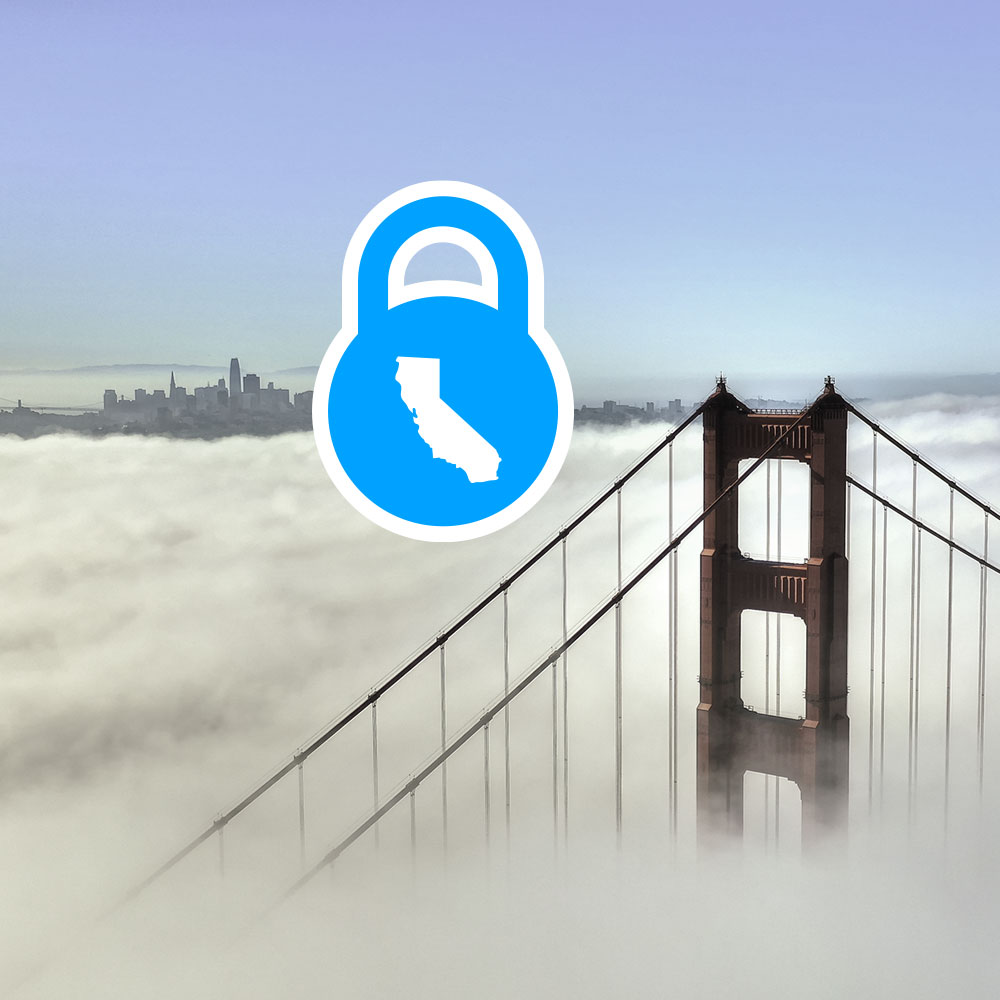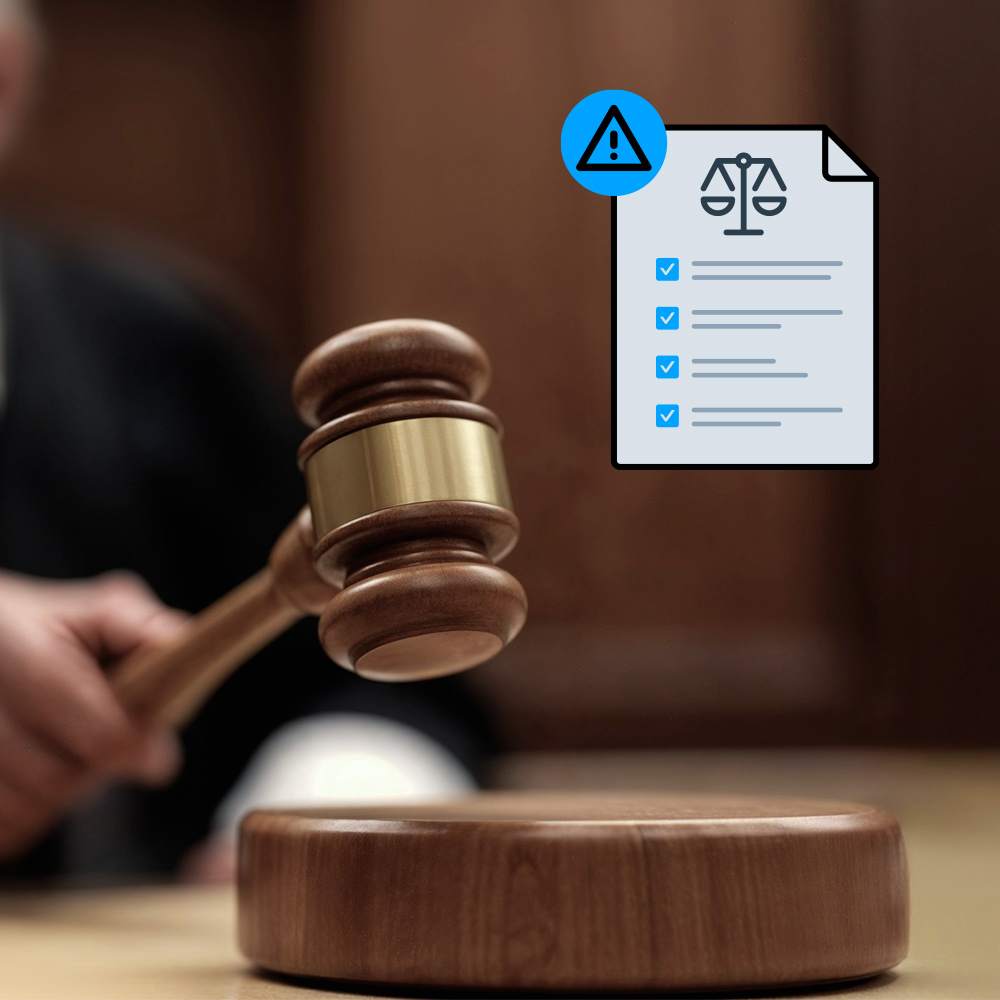The Video Privacy Protection Act (VPPA) is a federal privacy law in the United States designed to protect individuals’ privacy regarding their video rental and viewing histories. The VPPA limits the unauthorized sharing of video rental and purchase records. It was passed in 1988 after the public disclosure of Supreme Court nominee Robert Bork’s video rental records raised concerns about the lack of safeguards for personal information.
At the time of the Act’s enactment, video viewing was an offline activity. People would visit rental stores, borrow a tape, and return it after watching. Today, streaming services and social media platforms mean that watching videos is a largely digital activity. In 2023, global revenue from online video streaming reached an estimated USD 288 billion, with the US holding the largest share of that market.
Still, the VPPA has remained largely unchanged since its enactment, apart from a 2013 amendment. However, recent legal challenges to digital video data collection have led courts to reinterpret how the law applies to today’s video viewing habits.
In this article, we’ll examine what the VPPA law means for video platforms, the legal challenges associated with the law, and what companies can do to enable compliance while respecting users’ privacy.
Scope of the Video Privacy Protection Act (VPPA)
The primary purpose of the Video Privacy Protection Act (VPPA) is to prevent the unauthorized disclosure of personally identifiable information (PII) related to video rentals or purchases. PII under the law “includes information which identifies a person as having requested or obtained specific video materials or services from a video tape service provider.”
The law applies to video tape service providers, which are entities involved in the rental, sale, or delivery of prerecorded video materials. Courts have interpreted this definition to include video streaming platforms like Hulu and Netflix, which have widely replaced physical video tape service providers.
The VPPA protects the personal information of consumers. The law defines consumers as “any renter, purchaser, or subscriber of goods or services from a video tape service provider.”
Video tape service providers are prohibited from knowingly disclosing PII linking a consumer to specific video materials, except in the following cases:
- direct disclosure to the consumer
- to a third party with informed, written consent provided by the consumer
- for legal purposes, such as in response to a valid warrant, subpoena, or court order
- limited marketing disclosures, but only if:
- consumers are given a clear opportunity to opt out, and
- the shared data includes only names and addresses and not specific video titles, unless it is for direct marketing to the customer
- as part of standard business operations, such as processing payments
- under a court order, if a court determines the information is necessary and cannot be met through other means, and the consumer is given the opportunity to contest the claim
The 2013 amendment expanded the conditions for obtaining consent, including through electronic means using the Internet. This consent must:
- be distinct and separate from other legal or financial agreements
- let consumers provide consent either at the time of disclosure or in advance for up to two years, with the option to revoke it sooner
- offer a clear and conspicuous way for consumers to withdraw their consent at any time, whether for specific instances or entirely
Tracking technologies and Video Privacy Protection Act (VPPA) claims
Tracking technologies like pixels are central to many claims alleging violations of the VPPA. Pixels are small pieces of code embedded on websites to monitor user activities, including interactions with online video content. These technologies can collect and transmit data, such as the titles of videos someone viewed, along with other information that may identify individuals. This combination of data may meet the VPPA’s definition of personally identifiable information (PII).
VPPA claims often arise when companies use tracking pixels on websites with video content and transmit information about users’ video viewing activity to third parties without requesting affirmative consent. Courts have debated what constitutes a knowing disclosure under the VPPA, but installing tracking pixels that collect and share video data has been found sufficient to potentially establish knowledge in some cases.
Lawsuits under the Video Privacy Protection Act (VPPA)
Many legal claims under the VPPA focus on one or more of three critical questions:
- Does the party broadcasting videos qualify as a video tape service provider?
- Is the individual claiming their rights were violated considered a consumer?
- Does the disclosed information qualify as PII?
Below, we’ll look at how courts have considered these questions and interpreted the law in the context of digital video consumption.
Does the party broadcasting video qualify as a video tape service provider?
Who is considered a video tape service provider under the law may depend on multiple factors. Courts have established that online streaming services qualify, but some rulings have considered other factors, which we’ll outline below, to decide whether a business meets the law’s definition.
Live streaming
The VPPA law defines a video tape service provider as a person engaged in the business of “prerecorded video cassette tapes or similar audiovisual materials.” In 2022, a court ruled that companies do not qualify as video tape service providers for any live video broadcasts, as live streaming does not involve prerecorded content.
However, if a company streams prerecorded content, it may qualify as a video tape service provider in relevant claims.
“Similar audio visual materials”
The definition of a video tape service provider in the digital age includes more than just video platforms that broadcast movies and TV shows. In a 2023 case, a court ruled that a gaming and entertainment website offering prerecorded streaming video content fell within the scope of the VPPA definition of a video tape service provider.
Focus of work
Another 2023 ruling found that the VPPA does not apply to every company that happens to deliver audiovisual materials “ancillary to its business.” Under this decision, a video tape service provider’s primary business must involve providing audiovisual materials. Businesses using video content only as part of their marketing strategy would not qualify as a video tape service provider under this reading of the law.
Is the individual claiming rights violations considered a consumer?
Online video services frequently operate on a subscription-based business model. Many legal challenges under the VPPA focus on whether an individual qualifies as a “subscriber of goods and services from a video tape service provider.”
Type of service subscribed to
Courts have varied in their opinions on whether being a consumer depends on subscribing to videos specifically. In a 2023 ruling, a court held that subscribing to a newsletter that encourages recipients to view videos, but is not a condition to accessing them, does not qualify an individual as a subscriber of video services under the VPPA.
By contrast, a 2024 ruling took a broader approach, finding that the term “subscriber of goods and services” is not limited to audiovisual goods or services. The Second Circuit Federal Court of Appeal determined that subscribing to an online newsletter provided by a video tape service provider qualifies an individual as a consumer. This decision expanded the definition to recognize individuals who subscribe to any service offered by a video tape service provider as consumers.
Payment
Courts have generally agreed that providing payment to a video tape service provider is not necessary for an individual to be considered a subscriber. However, other factors play a role in establishing this status.
A 2015 ruling held that being a subscriber requires an “ongoing commitment or relationship.” The court found that merely downloading a free mobile app and watching videos without registering, providing personal information, or signing up for services does not meet this standard.
However, in a 2016 case, the First Circuit Federal Court of Appeal determined that providing personal information to download a free app — such as an Android ID and GPS location — did qualify the individual as a subscriber. Similarly, in the 2024 ruling above, the Second Circuit found that providing an email address, IP address, and device cookies for newsletter access constituted a meaningful exchange of personal information, qualifying the individual as a subscriber.
Does the disclosed information qualify as PII?
Courts have broadly interpreted PII to include traditional identifiers like names, phone numbers, and addresses, as well as digital data that can reasonably identify a person in the context of video consumption.
In the 2016 ruling referenced above, the First Circuit noted that “[m]any types of information other than a name can easily identify a person.” The court held that GPS coordinates and device identifier information can be linked to a specific person, and therefore qualified as PII under the VPPA.
Just two months later, the Third Circuit Court of Appeal ruled more narrowly, stating that the law’s prohibition on disclosing PII applies only to information that would enable an ordinary person to identify a specific individual’s video-watching behavior. The Third Circuit held that digital identifiers like IP addresses, browser fingerprints, and unique device IDs do not qualify as PII because, on their own, they are not enough for an ordinary person to identify an individual.
These conflicting rulings highlight the ongoing debate about what constitutes PII, especially as digital technologies continue to evolve.
Consumers’ rights under the Video Privacy Protection Act (VPPA)
Although not explicitly framed as consumer rights under the law, the VPPA does grant consumers several rights to protect their information.
- Protection against unauthorized disclosure: Consumers’ PII related to video rentals, purchases, or viewing history cannot be disclosed without consent or other valid legal basis.
- Right to consent: Consumers must provide informed, written consent before a video tape service provider can disclose their PII. This consent must be distinct and separate from other agreements and can be given for a set period (up to two years) or revoked at any time.
- Right to opt out: Consumers must be given a clear and conspicuous opportunity to opt out of the disclosure of their PII.
- Right to notice in legal proceedings: If PII is to be disclosed under a court order, consumers must be notified of the proceeding and given an opportunity to appear and contest the disclosure.
- Right to private action: Consumers can file civil proceedings against video tape service providers for violations of the VPPA.
Penalties under the Video Privacy Protection Act (VPPA)
The VPPA law allows individuals affected by violations to file civil proceedings. Remedies available under the law include damages up to USD 2,500 per violation.
Courts may also award punitive damages to penalize particularly egregious or intentional misconduct. Additionally, plaintiffs can recover reasonable attorneys’ fees and litigation costs. Courts may also grant appropriate preliminary or equitable relief.
The VPPA statute of limitations requires that any lawsuit be filed within two years from the date the violation, or two years from when it was discovered.
Compliance with the Video Privacy Protection Act (VPPA)
Businesses that act as video tape service providers under the VPPA can take several steps to meet their legal obligations.
1. Conduct a data privacy audit
A data privacy audit can help businesses understand what personal data they collect, process, and store, and whether these practices comply with the VPPA. The audit should include assessing the use of tracking technologies like pixels and cookies to confirm whether they are correctly set up and classified.
2. Obtain informed, specific user consent
The VPPA requires businesses to obtain users’ informed, written consent before sharing PII. Implementing a consent management platform (CMP) like Usercentrics CMP can make it easier to collect, manage, and store consent from users.
VPPA compliance also requires businesses to provide clear and easy to find options for consumers to opt out of data sharing, which a CMP can also facilitate. The VPPA amendment outlines that consent records should not be stored for more than two years, and businesses must have a process for renewing consent before it expires.
3. Implement transparent communication practices
Businesses should help consumers understand how their data is used so they can make an informed decision about whether to consent to its disclosure. Cookie banners used to obtain consent should contain simple, jargon-free language to explain the purpose of cookies. They should clearly indicate if third-party cookies are used and identify the parties with whom personal information is shared.
Businesses should include a direct link to a detailed privacy policy, both in the cookie banner and in another conspicuous location on their website or mobile app. Privacy policies must explain how PII is collected, used, and shared, along with clear instructions on how consumers can opt out of PII disclosures.
4. Consult qualified legal counsel
Legal experts can help businesses achieve VPPA compliance and offer tailored advice based on specific business operations. Counsel can also help businesses keep up with current litigation to understand how courts are interpreting the VPPA, which is critical as the law continues to face new challenges and evolving definitions.
Usercentrics does not provide legal advice, and information is provided for educational purposes only. We always recommend engaging qualified legal counsel or privacy specialists regarding data privacy and protection issues and operations.





